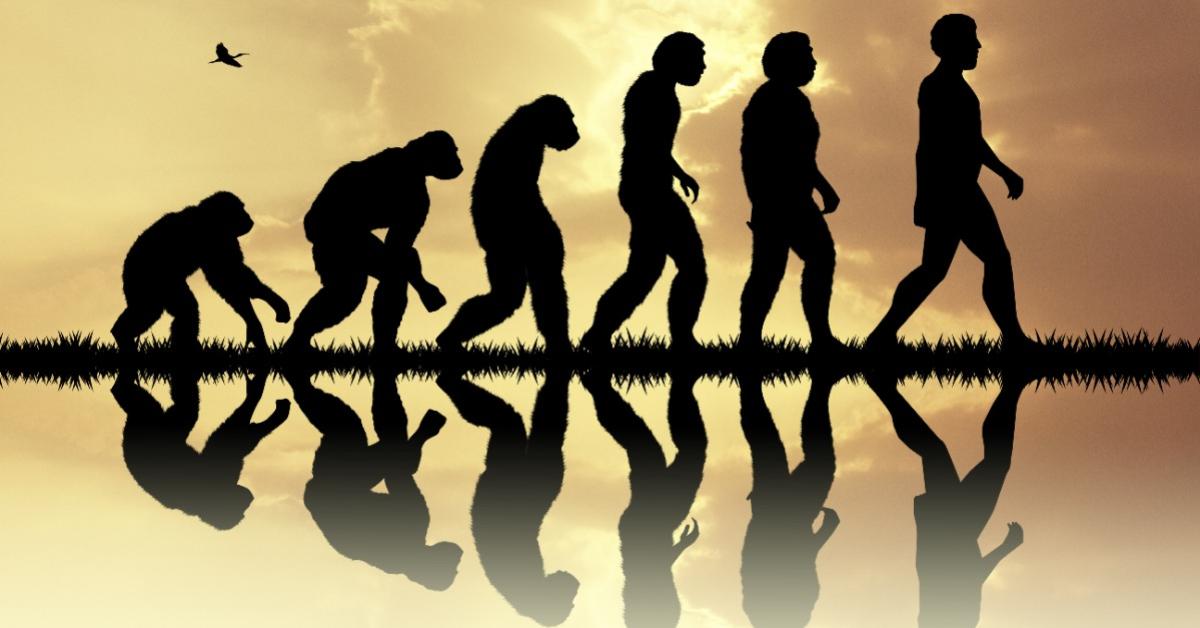
Life on Earth is gradually getting better in every way, shape, and form. Dark times—like the present—are the major reason why that’s a hard sell for most people; energy crises, inflation, wars, deficits, and pandemics seem to suggest that things are bad. When people (like yours truly) repeat the established observation that human life is gradually improving, such statements often fall on deaf ears. It doesn’t look like things are getting better, and it certainly doesn’t feel like it. Sometimes, you must zoom out to see progress, fast-forward a few decades to appreciate it, and accept temporary tradeoffs in certain areas.
Some people suffer while others don’t; some demographics, regions, and industries are hit by shocks that decimate them for generations. Some countries developed from subsistence farming to heavy industry and then to top-notch financial service centers in a generation and saw many of their ancient, cherished cultural tropes replaced in a heartbeat.
Humans flourish when commodity prices are low. These days, prices are mostly high, as is familiar to anyone buying groceries or facing towering electricity bills. In a pretty somber take on Latin America, The Economist recently noted that “over these past nine years the region has seen no growth in [gross domestic product] GDP per person. Investment has fallen, productivity languishes, and poverty has risen again.” Loudly professing an ever-improving world seems unrealistic during a decade of stagnant growth.
Since 2020, Europe has faced a somewhat similar scenario (or since 2012, if you’re in Italy or Greece): high and rising commodity prices, rampant government deficits and excesses, record-low establishment trust, accelerating private indebtedness, and stagnating or declining (real) incomes. In the United States, real incomes have been flat for three years, wobbling drunkenly through covid panics, government income policies, and the inflation and shortages that followed. Confidence in society’s institutions is already terrifyingly low, but more importantly, it’s continuing to decrease.
The Economic Freedom Index, released annually by the Heritage Foundation, showed a sharp, global decline between 2021 and 2022. The world’s economies are noticeably less free than in recent years. The “good” news is that it only sets us back to levels seen around ten years ago. For some countries, like Sweden and Germany, the upward trend since the 1990s remains intact; these two countries saw their highest recorded score in 2022. For the US and the United Kingdom, 2022 noted lower scores than these countries had ever seen.
The Human Freedom Index, a competing metric from Canada’s Fraser Institute, is even less hopeful about the direction of civil liberty around the world: “Human freedom deteriorated severely in the wake of the coronavirus pandemic. Most areas of freedom fell, including significant declines in the rule of law; freedom of movement, expression, association and assembly; and freedom to trade.”
Perpetuated Pessimism and Cemented Stagnation
What happens to optimism, sanity, society, or even life itself when human progress suddenly stops? Has the Western ship turned around? “Is the dream dead?” as declinists since time immemorial have asked. Not necessarily. As the excellent macro analyst Lyn Alden recently observed,
We occasionally have periods of pullback and disorganization, and thus a decreased standard of living, due to underinvestment or malinvestment or external shocks. Supply chains get messed up. Commodities encounter supply shortages. Wars happen. Sometimes cultures degrade and reduce their rate of innovation, or technology in a certain area reaches inherent limits for a while until some breakthrough in another industry gives another opportunity for improvement.
The American entrepreneur and vocal bitcoin proponent Michael Saylor also spoke quite romantically on Lex Friedman’s podcast about humanity’s great achievements: “Our ability to cross the ocean, our ability to grow food, our ability to live—it’s technology that gets the human race from, you know, a brutal life where life expectancy is 30 to a life where life expectancy is 80.”
Perhaps we haven’t reached the end of the ever-expanding progress that economists, doctors, and researchers have mapped and chronicled for decades.
The most balanced and convinced response to the charge laid at progress’ door is that the jury is still out—though an acquittal looks likely. Sometimes progress pauses, even for long stretches of time, and so far, it’s hard to see why the current era’s regress should be viewed differently.
Consider the destruction of capital and resources between 1938 and 1945—to speak nothing of the human suffering experienced through bombings, scarcity, and death camps. The peak that civilization had reached by 1913, in terms of culture, wealth, art, and prosperity took decades to return to after humanity’s first encounter with global, total war and the totalitarian ideologies that serviced big government.
Even so, gender equality and civil rights movements didn’t seriously begin for another half century; most global improvements in health, wealth, income, and life expectancy occurred after Europeans and their allies had stopped blasting each other to pieces in what economic historian Deirdre McCloskey sometimes calls the “European Civil War, 1914–1989.”
If you were Chinese, however, the 1950s was the most disastrous decade to be alive—even if the labels used to describe Mao Zedong’s Great Leap Forward were ones of progress and achievement. China’s many current infractions of human rights aside, it’s now the most successful example of growth and poverty eradication in modern history.
If you were Ukrainian during Joseph Stalin’s purges in the 1930s (or Vladimir Putin’s more recently), you’d know only the progress of death, destruction, and starvation. For about a decade in the 2000s, Ukraine was a growth miracle, rapidly approaching European standards of living. If we endure, life eventually gets better—even this time.
If you are a white American, the rising mortality rate and subsequent decline in life expectancy that the rest of the world experienced during the pandemic has been your reality for close to a decade. Unemployment, undereducation, and opioids are usually cited to explain white America’s deaths of despair.
If you’re a young person in Britain and we take property prices into account, you’ve had a negative real household income for most of your professional life. Materially speaking, you’re falling behind. Cheaper electronics and the collapsing risk of infant mortality are great, but they are of very little comfort when you can’t build a life that even approaches what your parents built.
All is not well, and most importantly, the arrows are no longer pointing in the right direction. Something broke—whether by our own hands, chance, technology, or incompetent leadership. What more than two centuries of global enrichment tell us is that sometimes progress pauses. Sometimes things get worse—seriously worse—for quite a while.
Battling pessimism is a never-ending task for us moderns. Even John Maynard Keynes wrote in 1930 that “we are suffering just now a bad attack of economic pessimism.” And Keynes and his fellow economic theorists had still another decade and a half of mayhem, impoverishment, and destruction to look forward to, courtesy of the Great Depression and World War II.
Then life got better. Much better.
Nobody today or during our recent civilizational peak in the late 2010s would trade today’s material comforts and economic standards for what was considered top-notch in 1930. “On my deathbed,” reflects astrophysicist Neil DeGrasse Tyson in his new, popular book Starry Messenger, “I’d be sad to miss the clever inventions and discoveries that arise from our collective human ingenuity, presuming the systems that foster such advances remain intact.”
The charge that we somehow broke the mystical force that has propelled human progress for centuries is, at best, premature. We may yet emerge stronger, on the far side of the current decline, should we manage to endure its terrifying hardship.








